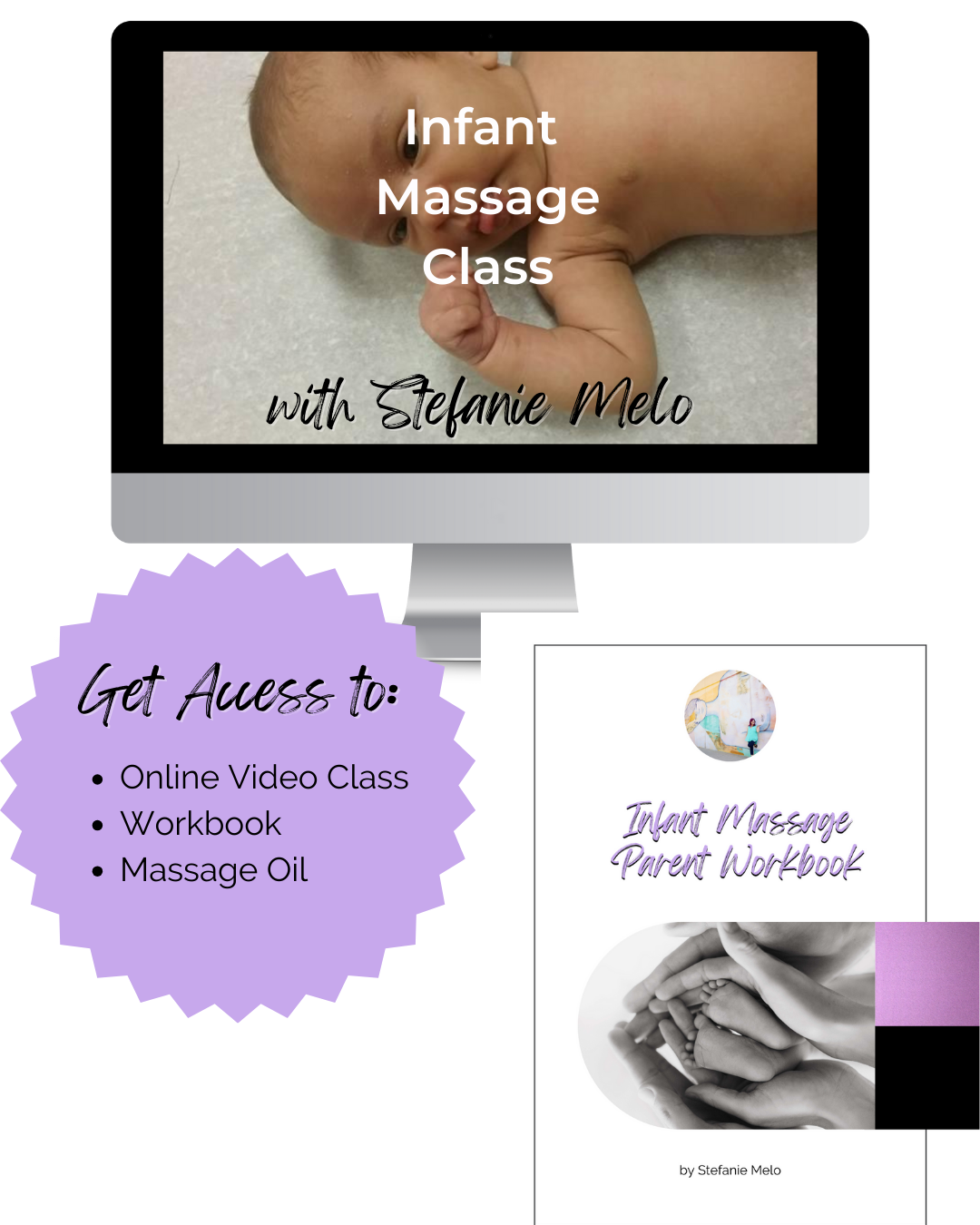
I finally realized the reason I was getting chronic tension headaches even though I was sleeping better and exercising more was that I was consuming too much caffeine. I already knew coffee is dehydrating, I already knew the caffeine pushes your adrenal glands to make more cortisol. But you guys, it taste so freaking good.
My husband used to roast coffee. I was a barista (and a fair competitor in the Great Lakes Regional Barista Competition). My husband and I remet in 2008 because of coffee. I’ve been to coffee farms in Hawaii and watched the berries dry in the Ugandan sun. I made good lasting friendships and professional contacts because of this delicious roasted bean water.
 Most commented on photo in 2009, ready to take the stage at the 2009 Great Lakes Regional Barista Competition at Navy Pier in Chicago
Most commented on photo in 2009, ready to take the stage at the 2009 Great Lakes Regional Barista Competition at Navy Pier in ChicagoI really do love coffee.
But the effects were debilitating. Near daily neck tension, tight shoulders, and 1-2x a week tension headaches that gripped me. Ya’ll know I’m pretty crunchy, but even I was popping more ibuprofen than I care to admit when my beloved oils & turmeric were just not keeping up with the pain.

If you’re experiencing muscle pain that’s not remedied by exercise and sleep: it might be caffeine. And it might be that you aren’t hydrated enough.
For me, these often go together. Drinking MORE coffee usually means drinking less water for me. For the past year, I’ve cut my coffee (and therefore caffeine since soda isn’t a big thing of mine) by more than half.
I hardly ever have headaches anymore, and my neck, shoulder and head tension is a rarity.
If you’d like to feel better in your muscles, hydration just might be the key. Join me in the Sip & Shine Challenge, we start June 30. I’ll have you naturally reducing your coffee (if that’s needed for you) by staying well energized by water.

 You're probably so excited about welcoming your baby into your home, if you're like most moms you're probably flipping through a few books, you've download some apps, and listening to your friend's and family's experience. You're probably doing your part to be a star patient for your doctor or midwife.
You're probably so excited about welcoming your baby into your home, if you're like most moms you're probably flipping through a few books, you've download some apps, and listening to your friend's and family's experience. You're probably doing your part to be a star patient for your doctor or midwife.I totally get that, and this is actually a problem because you're going to get you varied, sometimes conflicting advice that might not even work for your circumstance, and here is the kicker: lots of time's it not evidence-based guidance.
Instead of that, I want to offer you that working with a doula from your first trimester through your postpartum time is actually going to give you what you really need: cohesive information, expert guidance and the emotional support that every new mom deserves. It's like having an a doula in your pocket (or purse if that's where you keep your phone)
Hiring a Digital Doula is the best way to have a positive experience during your pregnancy, birth and postpartum. I would love to be your digital doula.

Unlock the secret to a transformative weight loss journey. It doesn't start with food or exercise, but with water. Discover how enhancing your hydration habits can lead to long-term health benefits, such as a leaner physique and more vibrant well-being. Join the Sip & Shine Challenge to enjoy a week of guidance, motivation, and community support as you elevate your hydration game starting June 23. Dive into the full post to see how consuming more water than ever before propelled a personal success story of shedding those stubborn pounds and inches. Don’t miss out on reshaping your approach to wellness while reaping the perks of proper hydration.
Read more...



